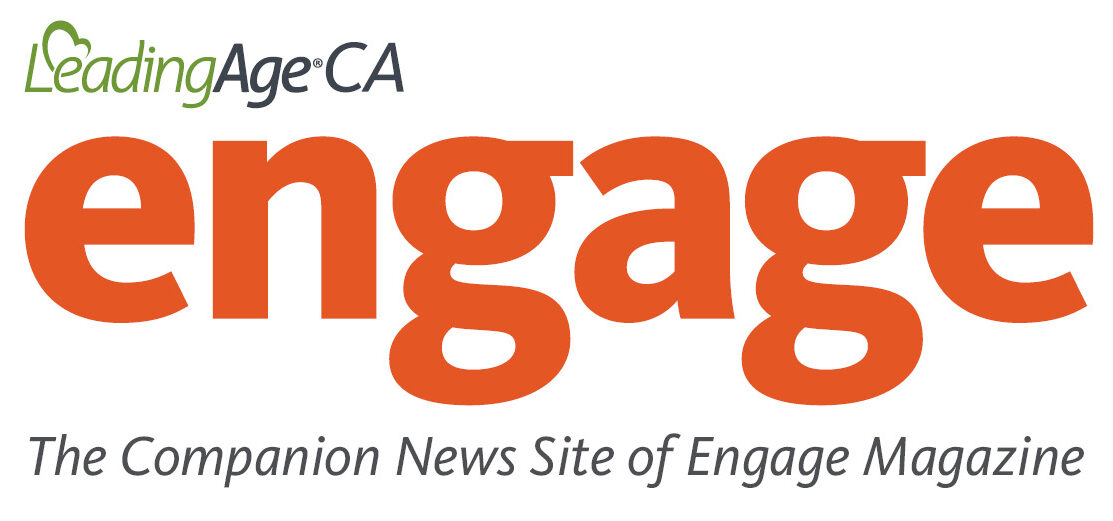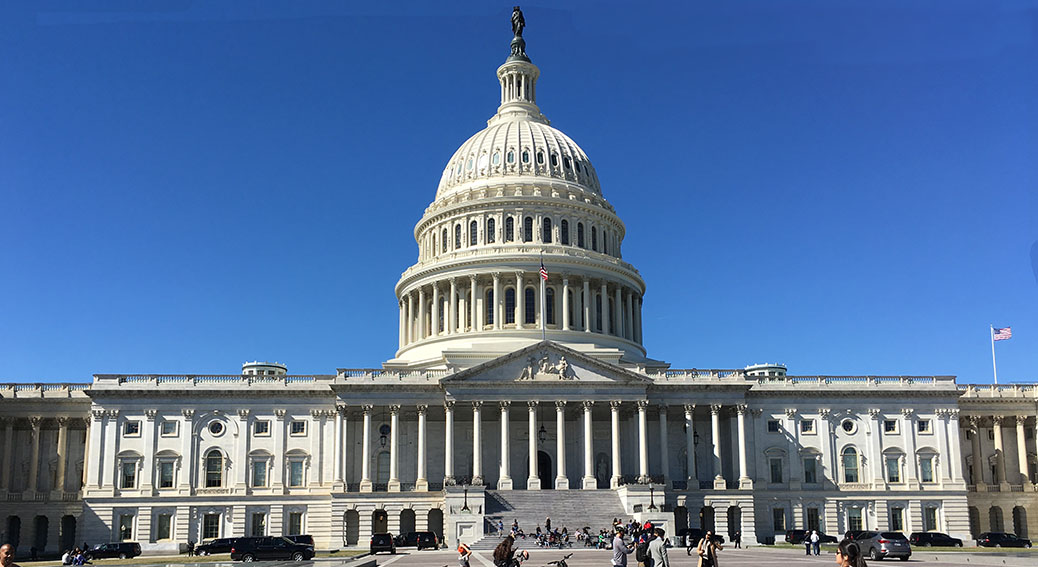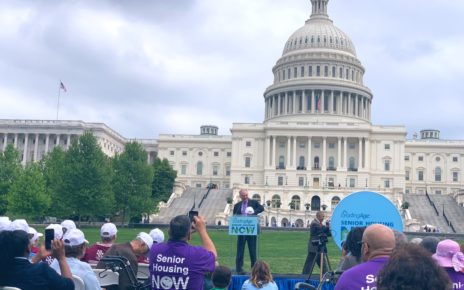From Linda Couch, VP of Housing Policy, LeadingAge
All federal programs that rely on annual appropriations, such as HUD’s housing programs, are being funded at FY19 levels for the duration of the CR because none of the 12 appropriations bills have been enacted. The new federal fiscal year began on October 1.
Federal rental assistance programs require increased spending each year, even if they are not assisting more households than they did the previous year. Utilities, staffing, services, maintenance and other expenses climb a bit each year. Therefore, funding at FY19 levels is only sustainable for so long before the programs need additional resources. For now, however, Congress is not providing the additional resources, just FY19 funding thought December 20 (assuming President Trump signs the new CR into law).
While the CR provides only FY19-level funding, it does include language authorizing HUD to more quickly spend its resources for Project Rental Assistance Contract renewals under the Section 202 Housing for the Elderly program. Compared to FY19 levels, 202/PRAC renewals will need $38 million more in FY20 just to renew existing contracts. The Senate and House FY20 bills, which have passed each of their respective chambers, provide full 202/PRAC and Section 8 Project-Based Rental Assistance Renewals for FY20.
Because carryover funds from FY19 to FY20 are almost nonexistent in the 202/PRAC account, this account relies exclusively on Congress passing a timely FY20 bill. If a CR were to go into calendar year 2020, or if another government shutdown were to occur, funding for 202/PRAC renewals could be on very shaky ground. LeadingAge is working to educate Congress on the importance of enacting a final FY20 HUD appropriations bill as quickly as possible.



